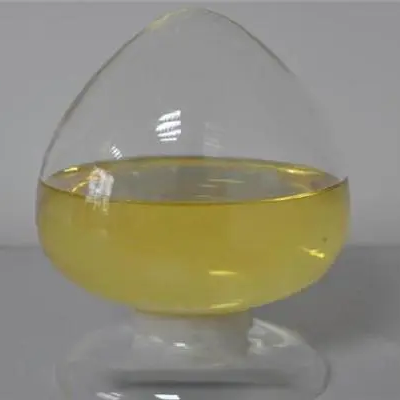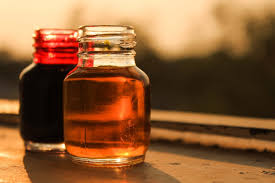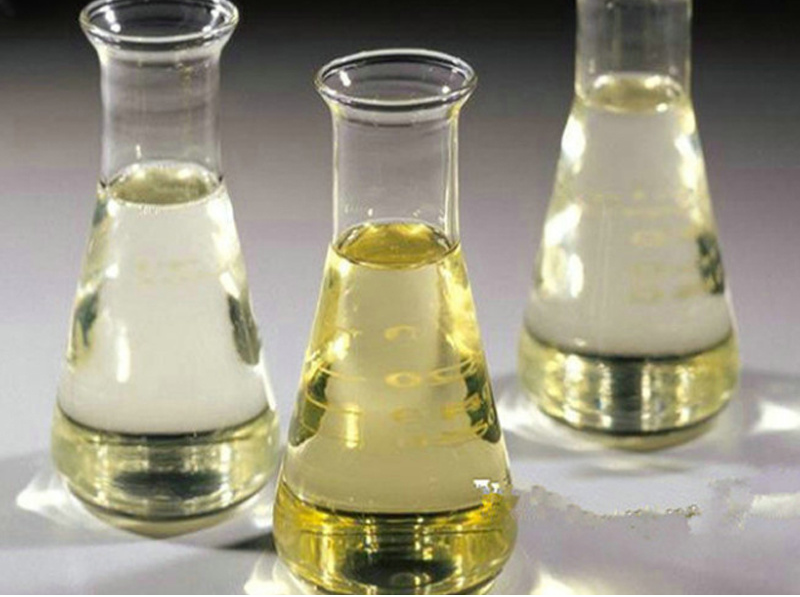The Lung’s Secret Sauce: How Surfactant Keeps You Breathing Easy
(What Is Surfactant In Lungs)
Think of your lungs like balloons. Blow one up, let it deflate, then try blowing it again. You’ll notice it’s harder the second time. Now imagine doing this 20,000 times a day. That’s what your lungs do—every breath in, every breath out. Without a special helper, this would be impossible. Enter surfactant, the unsung hero in your lungs that makes breathing effortless.
So, what exactly is surfactant? It’s a slippery, soap-like substance made of fats and proteins. Your body produces it in the lungs, specifically in tiny air sacs called alveoli. These sacs are where oxygen enters your blood and carbon dioxide exits. Surfactant coats the inside of these sacs, acting like biological dish soap. Just like soap breaks down grease in your sink, surfactant breaks down surface tension in your lungs.
Surface tension is the force that makes water form droplets. In the alveoli, water molecules stick together, creating a pull that could collapse the sacs. Without surfactant, every exhale would make these tiny sacs stick shut. Re-inflating them with the next breath would require massive effort. You’d feel like you’re sucking air through a straw clogged with syrup. Surfactant steps in to loosen this tension, letting the alveoli pop open easily with each breath.
Babies know this struggle well. Premature infants often lack enough surfactant at birth. Their lungs stick together, making breathing nearly impossible. This condition, called respiratory distress syndrome (RDS), is a leading cause of issues in preemies. Doctors now treat it with synthetic surfactant, sprayed directly into the lungs. It’s a lifesaver, turning gasping struggles into steady breaths.
Surfactant isn’t just for babies. Adults need it too. If your lungs get damaged—say, from infections like pneumonia or long-term smoking—surfactant production can drop. This makes breathing harder and less efficient. Even a mild cold can feel crushing. Researchers study surfactant therapies for adults, hoping to mimic the success seen in newborns.
How does your body make this miracle material? Special cells in the alveoli, called type II pneumocytes, produce and store surfactant. They release it in thin layers over the inner surfaces of the air sacs. The mix includes phospholipids (fats), proteins, and cholesterol. The fats do the heavy lifting, reducing surface tension. The proteins help spread the surfactant evenly, like butter on toast.
The system works so well you never notice it. Take a deep breath right now. Feel how smooth it is? That’s surfactant at work. When you exhale, your lungs don’t fully empty. The surfactant ensures some air stays trapped, keeping the alveoli slightly open. This prevents them from collapsing and saves energy for the next breath.
Scientists are still uncovering surfactant’s secrets. Recent studies explore its role in immune defense. Surfactant proteins might trap bacteria and viruses, stopping them from invading lung tissue. Others look at how pollution or vaping affects surfactant quality. Spoiler: it’s not good. Damaged surfactant means stiffer lungs, more work to breathe, and higher risk of infections.
Surfactant isn’t glamorous. You won’t hear about it in fitness ads or wellness blogs. But without it, every breath would be a battle. Next time you take a walk, laugh, or yawn, remember the slippery, soapy miracle keeping your lungs bouncy and light. It’s proof that sometimes, the best things in life are the ones you never see—or in this case, never feel.
(What Is Surfactant In Lungs)
The story of surfactant reminds us how finely tuned the human body is. Tiny molecules, working silently, make life possible. Research continues, aiming to copy nature’s design for medical breakthroughs. For now, surfactant stays busy behind the scenes, doing its job so well you’ll never have to think about it. Unless, of course, you’re reading this—in which case, take a moment to appreciate the quiet marvel in your chest.
Inquiry us
if you want to want to know more, please feel free to contact us. (nanotrun@yahoo.com)




